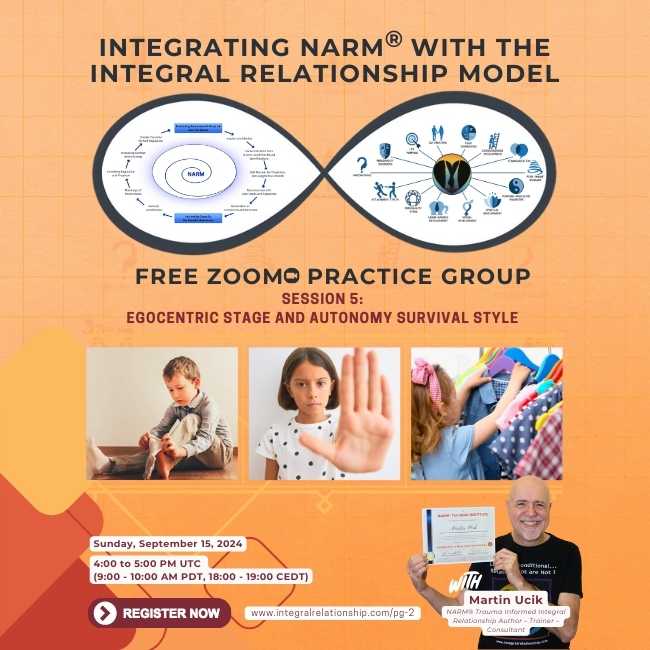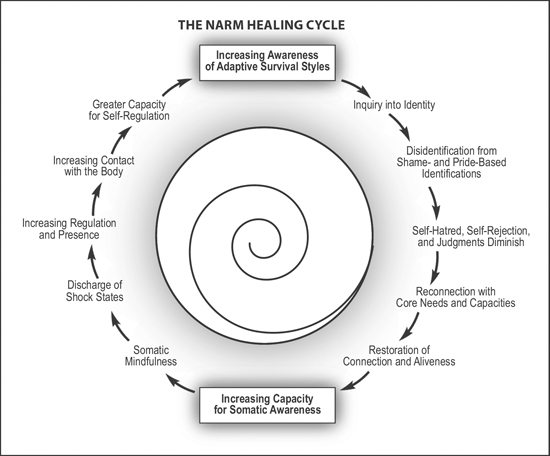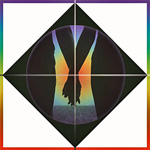
Click on the image to the left to register to join Martin and other Integral Relationship explorers for Session #5 of 12 practice Sessions about integrating exercises from his new book Integral Relationship Practice and the upcoming Integral Relationship Online Training #8, from Nov. 10, 2024 to May 18, 2025 with the NeuroAffective [sic] Relational Model (NARM) and their new book The Practical Guide For Healing Developmental Trauma, by Laurence Heller and Brad J. Kammer:
Sunday, September 15.
4:00 PM UTC (18:00 CEST, 9:00 AM PDT).
Click here and move the UTC slider to 4:00 PM to to convert 4:00 PM UTC to your local time zone.
Arrive up to 15 Minutes before we start for check-in and warm-up questions.
View catch-up videos of previous Practice Sessions here.
We will integrate exercises from Martin’s new book Integral Relationship Practice (also available as audible version) and the upcoming Integral Relationship Online Training #8, from Nov. 10, 2024 to May 18, 2025 with the NeuroAffective [sic] Relational Model (NARM) and their new book The Practical Guide For Healing Developmental Trauma, by Laurence Heller and Brad J. Kammer:
Topics:
– Understand stages of consciousness development.
– Share your childhood memories at the Egocentric stage of development.
– See what capacities for autonomy you were able to develop.
– Learn why and how the autonomy adaptive survival style develops in our bodies during childhood when there are adverse childhood experiences and caregiver failures.
– Explore why early developmental childhood trauma disconnects us from our capacity for autonomy.
– Recognize possible shame-based identifications and pride-based counter-identifications around autonomy.
– Begin to heal your possible autonomy survival style to develop the capacity to set appropriate boundaries, say no and set limits, and speak your mind without guilt or fear in your adult relationships.
NARM® is the perfect complement to Martin’s work, as it supports us in healing past complex developmental trauma that often prevents us from co-creating healthy Integral Love Relationships.
Key aspects of NARM include:
1. Mindfulness-based approach: Emphasizes being present and aware of one’s thoughts, feelings, and bodily sensations.
2. Relational focus: Recognizes the importance of interpersonal relationships in healing trauma.
3. Integration of body and mind: Addresses both the psychological and physiological aspects of trauma.
4. Developmentally-oriented: Explores how early childhood experiences can impact adult functioning.
NARM has five organizing developmental themes that Martin already integrated into his new book Integral Relationship Practice:
1. Connection: We feel that we belong in the world. We are in touch with our body and our emotions and capable of consistent connection with others.
2. Attunement: Our ability to know what we need and to recognize, reach out for, and take in the abundance that life offers.
3. Trust: We have an inherent trust in ourselves and others. We feel safe enough to allow a healthy interdependence with others.
4. Autonomy: We are able to say no and set limits with others. We speak our mind without guilt or fear.
5. Love-Sexuality: Our heart is open and we are able to integrate a loving relationship with a vital sexuality.
To the degree that these five basic needs are met, we experience harmony in our love relationships.
To the degree that these basic needs are not met, we develop shame and pride based survival styles to try to manage the disconnection and dysregulation.
We will explore how these five pride and shame based survival styles and the NARM Healing cycle fit into the 14 Essential Dimensions of the Integral Relationship Model in our 12 practice events from Sunday August 18. to November 3. 2024.

